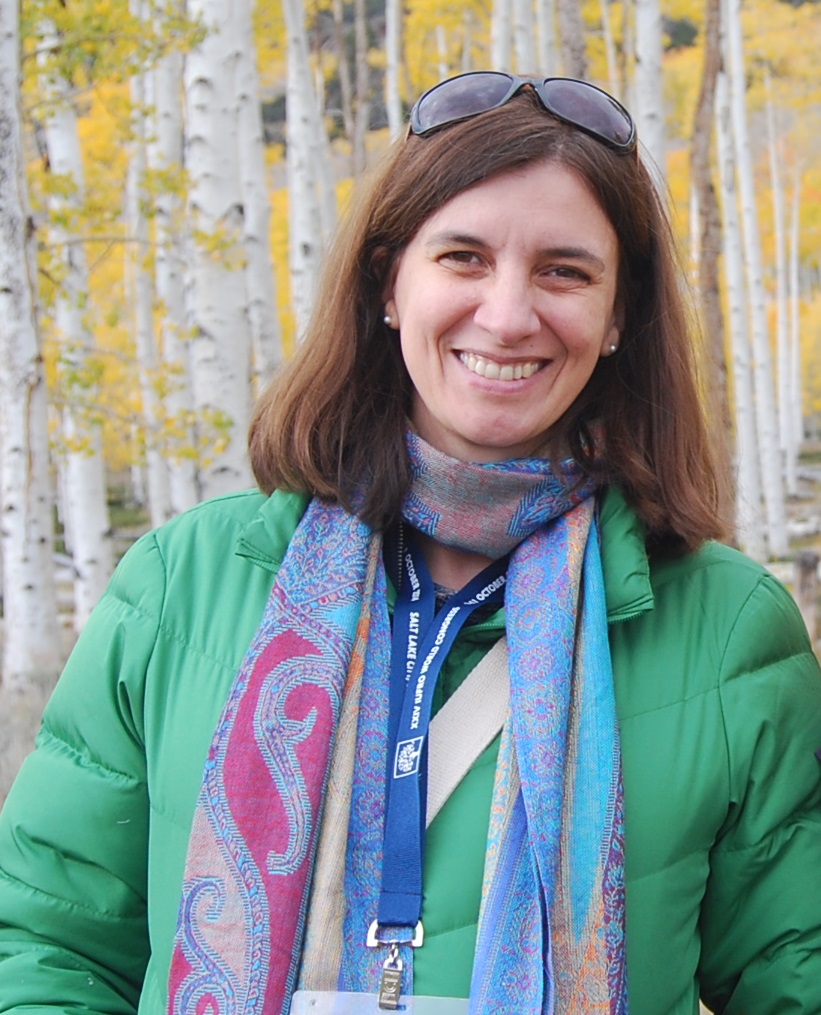Adaptation to climate in forest tree species and implications under a changing climate
View the video of this talk on the Department of Geography Coffee Hour Channel
About the talk
More than a century of field studies has demonstrated that forest tree species with large geographic ranges are commonly composed of populations genetically adapted to the climate they inhabit. These populations occupy only a segment of the species climatic range, but their existence allows the species to accommodate the large spatial climate variability within their vast geographic ranges. Adaptation to climate is primarily achieved by synchronizing the trees’ annual growth cycle with the frost-free period of the inhabited climate in order to avoid unfavorable conditions through dormancy. As climate warms, genotypes and climate will be misaligned with important consequences for the growth and survival of forest tree species. However, there are opportunities for management to aid in maintaining well-adapted and productive forests. In this talk I’ll synthesize our knowledge of adaptation to climate in forest tree species, discuss implications under a warming climate, and review management practices aimed at re-aligning genotypes and climate.
About the speaker
 Dr. Laura Leites is an associate research professor of quantitative forest ecology at Penn State. Her research focuses on quantitative modeling of forest ecosystem processes and attributes, with special focus on understanding and modeling adaptation to climate in forest tree species of temperate forests. Studies in her lab include modeling forest tree species and populations’ responses to climate and using these models to support adaptive forest management, specifically seed movement under a changing climate. Her most recent work has documented the growth-cold tolerance tradeoff that characterizes forest tree species adaptation to climate for five broadleaf deciduous forest tree species of Northeastern forests. Additional studies in her lab range from modeling natural regeneration to the development of guidelines to optimize sampling of natural resources. Leites received a PhD in Natural Resources and a MS in Forest Resources from the University of Idaho, and B.S. in Agronomy from Universidad de la República, Uruguay.
Dr. Laura Leites is an associate research professor of quantitative forest ecology at Penn State. Her research focuses on quantitative modeling of forest ecosystem processes and attributes, with special focus on understanding and modeling adaptation to climate in forest tree species of temperate forests. Studies in her lab include modeling forest tree species and populations’ responses to climate and using these models to support adaptive forest management, specifically seed movement under a changing climate. Her most recent work has documented the growth-cold tolerance tradeoff that characterizes forest tree species adaptation to climate for five broadleaf deciduous forest tree species of Northeastern forests. Additional studies in her lab range from modeling natural regeneration to the development of guidelines to optimize sampling of natural resources. Leites received a PhD in Natural Resources and a MS in Forest Resources from the University of Idaho, and B.S. in Agronomy from Universidad de la República, Uruguay.
Suggested readings
- Leites, L; G. Rehfeldt, K. Steiner. 2019. Adaptation to climate in five eastern North America broadleaf deciduous species: Growth clines and evidence of the growth-cold tolerance trade-off. Perspectives in Plant Ecology, Evolution and Systematics. 37:64-72.
- Rehfeldt, G., L. Leites, D. Joyce, and A. Weiskittel. 2018. Role of population genetics in guiding ecological responses to climate. Global Change Biology. 24(2):858-868.

